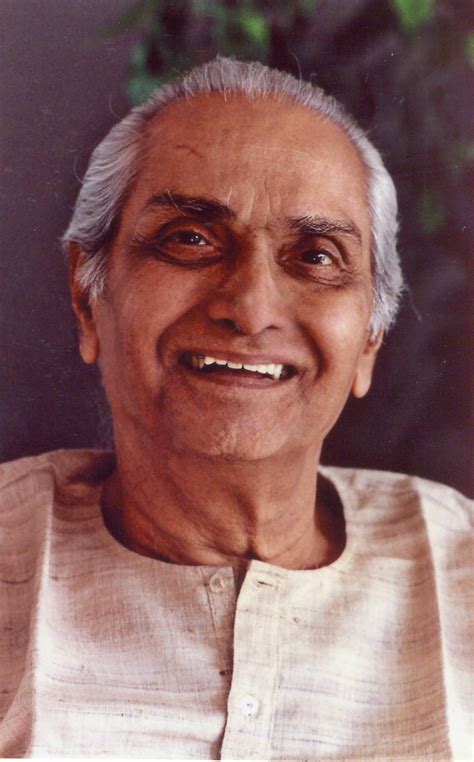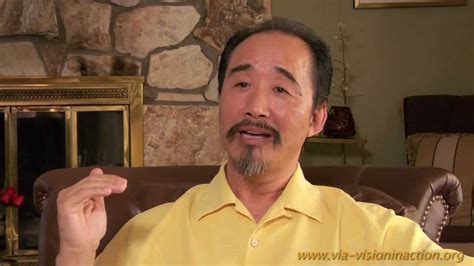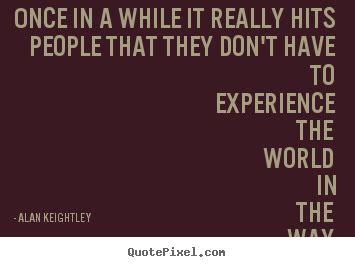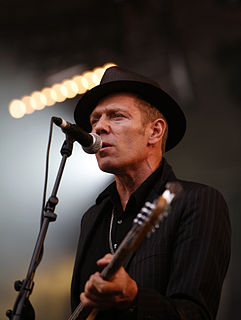A Quote by Ray Brassier
I think Enlightenment as an epistemic ideal involves rejecting the appeal to a fundamental stratum of non-conceptual self-evidence.
Quote Topics
Related Quotes
Authenticity is fundamental, more fundamental than spiritual enlightenment. Without authenticity, no genuine spiritual enlightenment is possible. Authenticity is the state of being committed to truth. Truth is simple. And no matter how simply a truth is stated, only those who have walked the path of understanding and evolution on their own can know and understand it authentically. The path of truth is the path least traveled. Authenticity is the clarity of being in which there is no self-deceit.
To have Zen is to be in a state of pure sensation. It is to be freed from the grip of concepts, to see through them. This is not the same as rejecting conceptual thinking. Thoughts and words are in the world and are as natural as flowers. It is a mistake therefore to think that Zen is anti-intellectual.
To study the Way is to study the Self. To study the Self is to forget the self. To forget the self is to be enlightened by all things of the universe. To be enlightened by all things of the universe is to cast off the body and mind of the self as well as those of others. Even the traces of enlightenment are wiped out, and life with traceless enlightenment goes on forever and ever
Archaeological evidence provides significant help in interpreting the Gospels. In a sense, archaeology is an exegetical tool. To ignore the evidence of archaeology would be almost as irresponsible as making no appeal to the original text. The archaeological evidence is a vital component in the context of Scripture.









































